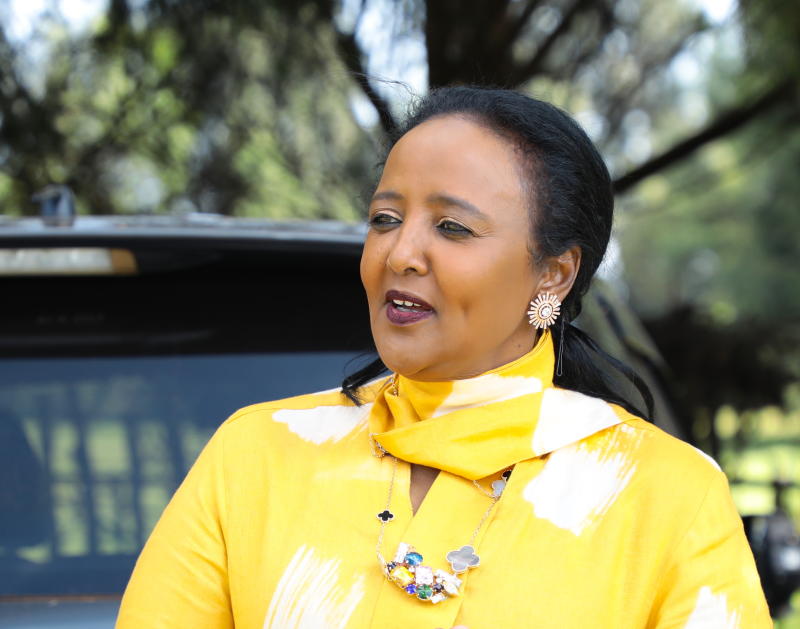×
The Standard e-Paper
Join Thousands Daily

Why the government is fighting ‘international conspiracy’ out to tarnish Kenyan athletes good name
Sports Ministry, Athletics Kenya and National Olympics Committee unite in condemning allegations of systematic doping ahead of 2020 Tokyo Games.